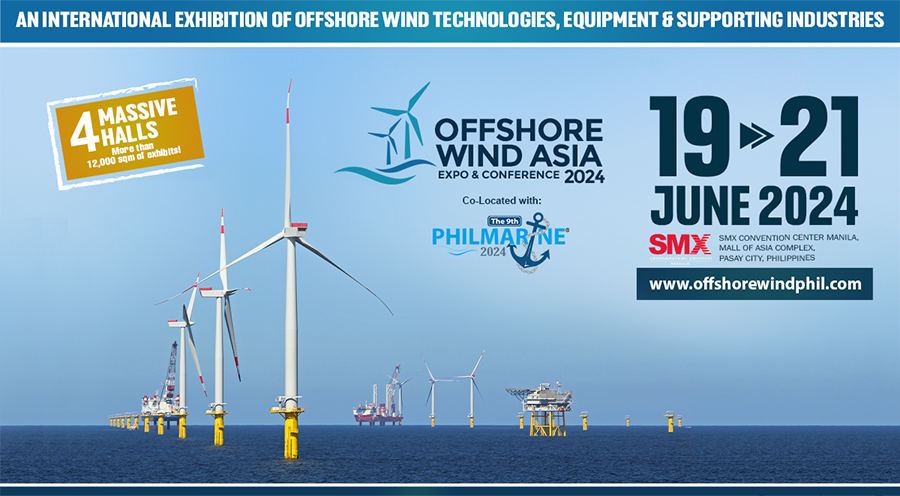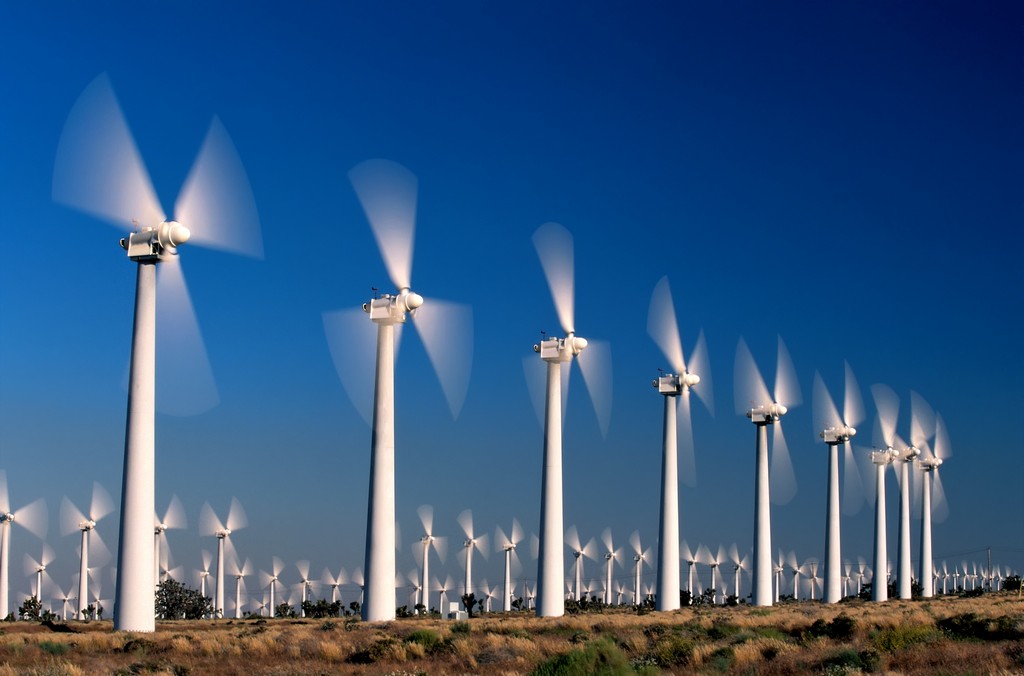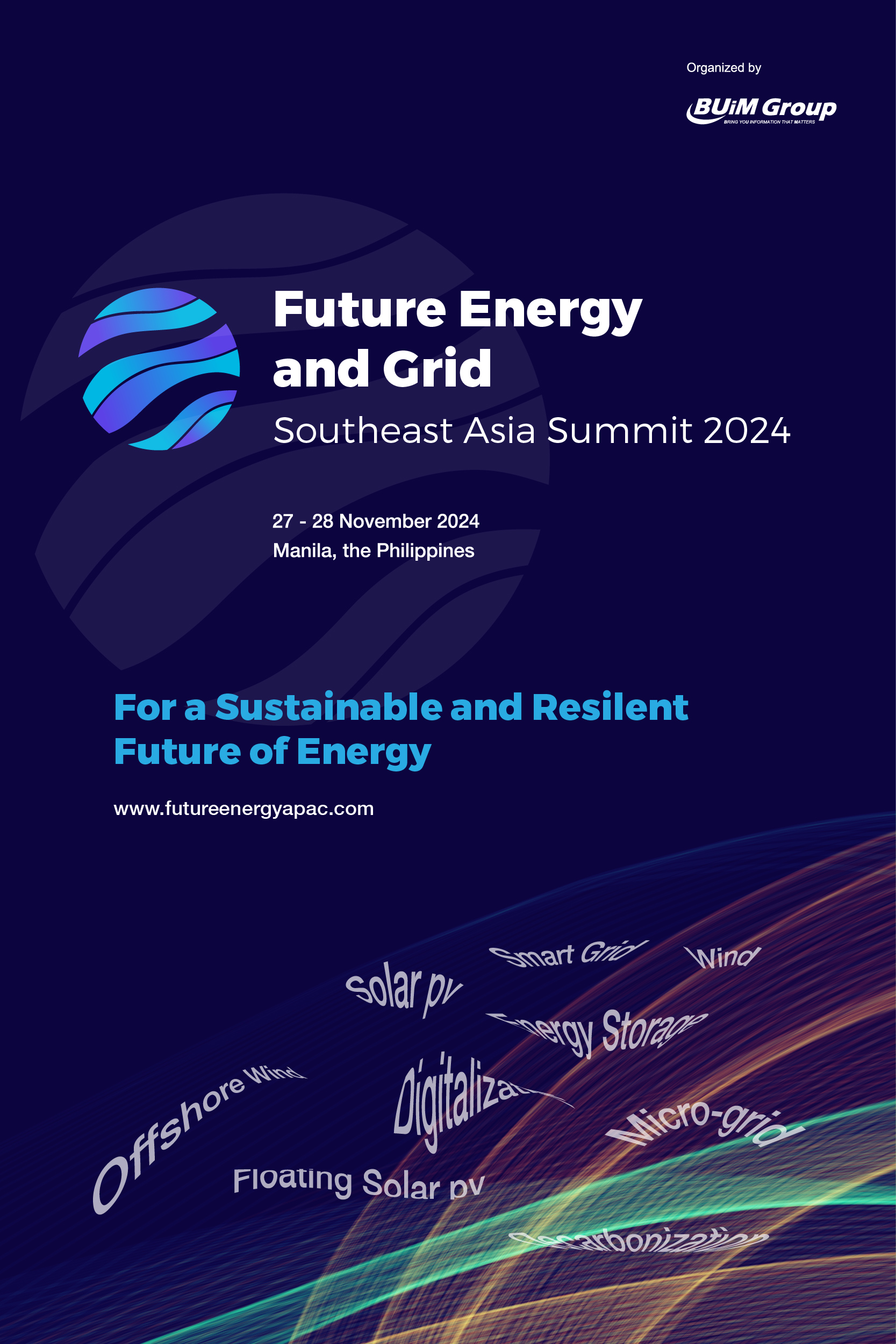Experts have urged Southeast Asia to accelerate its efforts in expanding renewable energy (RE) capacities to meet the region’s net-zero objectives.
In a report by The Strait Times, McKinsey and Company Senior Partner Vishal Agarwal emphasized the necessity for a significant increase of seven to 12 times in annual renewable capacity additions for solar and onshore wind power in Southeast Asia, citing a report on the region’s transition to renewables.
The Economic Development Board (EDB), in collaboration with McKinsey, released the report during the 2023 United Nations Climate Change Conference, or COP28.
Agarwal stressed the urgency, noting that Southeast Asia’s current contribution to global emissions stands at approximately 5% and is expected to double to 10% by 2050 if decarbonization efforts aren’t accelerated.
The report highlighted Southeast Asia’s delayed progress in adopting renewables compared to other regions, attributing this lag to the region’s reliance on coal and gas for energy production, which has been supported by subsidies.
Despite efforts to retire coal power plants early, the transition to renewables will take time to materialize due to existing infrastructural and policy challenges.
EDB Executive Vice President Lim Wey-Len underscored the pivotal moment for Southeast Asia’s renewable energy growth, citing projections from the International Energy Agency that clean energy investments in the region will need to quadruple by 2030.
Speaking to an audience of industry leaders, Lim highlighted the region’s untapped renewable energy potential.
Agarwal pointed out that although Southeast Asia boasts significant RE potential, it has attracted relatively low investments in solar photovoltaic and wind power over the past five years, ranking just above sub-Saharan Africa globally.
He attributed this to the region’s economic diversity and nuanced policies across different countries, with governments grappling to balance energy transition with affordability and security.
Agarwal also identified regulatory frameworks as a barrier, noting that while there is some deregulation in power generation, transmission and distribution remain tightly regulated, often monopolized.
He suggested that project developers must cultivate local ecosystems and collaborate with stakeholders to devise innovative solutions to overcome these challenges.




There are no comments
Add yours